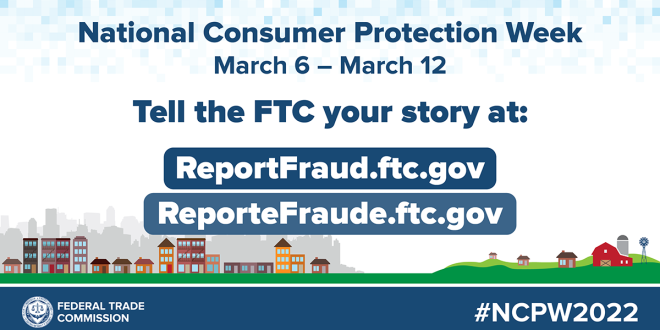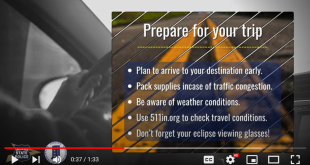As part of Attorney General Todd Rokita’s continuing efforts to protect Hoosier consumers from scams and in celebration of National Consumer Protection Week, Attorney General Rokita reminds Hoosiers to be mindful of their charitable giving.
“Hoosiers are generous. Yet as they look for opportunities to help the less fortunate and give to worthy causes, there are those who would scheme to take advantage of this good-hearted generosity,” Attorney General Rokita said. “As we consider ways to help others, we should be careful not to ensure we are truly helping the needy.”
Attorney General Rokita works to track down, investigate and bring to justice the criminals who perpetrate illegal scams. He works just as hard to help Hoosiers avoid becoming victims in the first place.
To avoid falling victim to deceptive schemes, Attorney General Rokita said, Hoosiers should follow these tips:
- Research any charity to which you are considering donating.
- The FTC suggests searching online using the charity name plus words like “complaint,” “review,” or “scam.” Don’t be fooled by names that sound like well-known charities.
- Be sure to ask how much of your donation will go directly to the program you want to help — and do your own research to confirm.
- Beware of charities that pop up after recent disasters.
- Make sure you are dealing with the real charitable organization. Be leery of appeals from unknown or unfamiliar organizations you receive by phone, mail, email, and/or social media.
- If reached by phone, do not agree to donate money without further research into the organization.
- Don’t assume solicitations on social media or crowdfunding sites are legitimate — or that hyperlinks are accurate — even in posts shared or liked by your friends. Contact your friends offline and request information about links they share.
- It is generally safer to donate as part of a longstanding familiar relationship with a charitable cause than to respond to out-of-the-blue solicitations.
- When donating online, use a browser to navigate to a reputable charity’s verified website — and donate there rather than through a third party or “middleman” collectors, who often skim off a sizeable portion of donations even if they are legitimate.
- Legitimate, secure donation websites should begin with “https” (or feature a lock icon) rather than just “http.”
- Take your time and don’t overshare. Do not share personal information or financial information in response to unsolicited emails, texts or phone calls.
- Never feel rushed to donate.
- Be skeptical of solicitors who try to play on your emotions through heart-rending stories or images. Remember that legitimate charities do not use pressure tactics.
- Always donate by credit card rather than cash or other methods, to ensure you can access the protections available through your credit card company.
- Make sure you haven’t signed up for a recurring donation if you didn’t want one.
- Look up a charity’s report and ratings on these websites:
- CharityNavigator.org
- CharityWatch.org
- Give.org
- Guidestar.org
Go online to report charity scams to Attorney General Rokita’s Consumer Protection Division. To reach the Consumer Protection Division by phone, please call 1-800-382-5516.
 WYRZ.org 98.9 WYRZ – The Voice of Hendricks County
WYRZ.org 98.9 WYRZ – The Voice of Hendricks County






